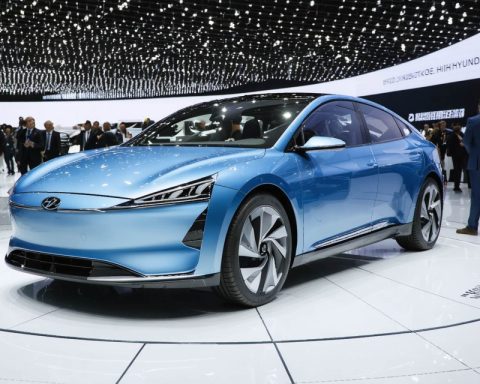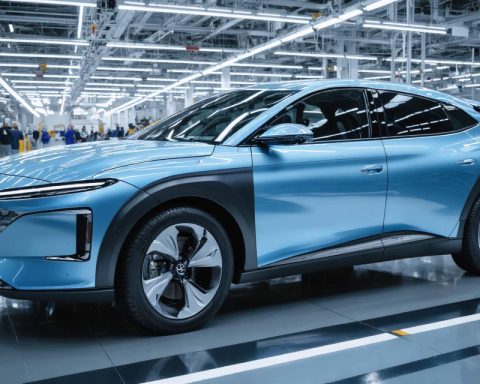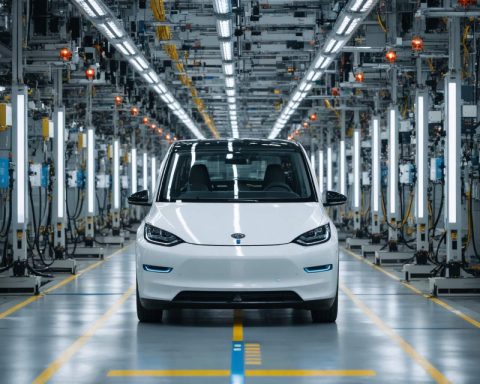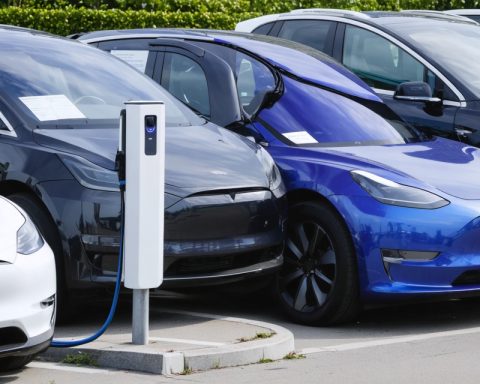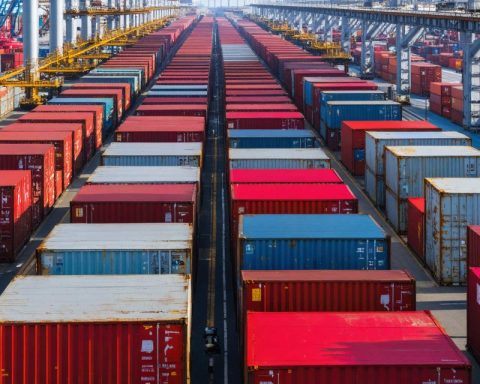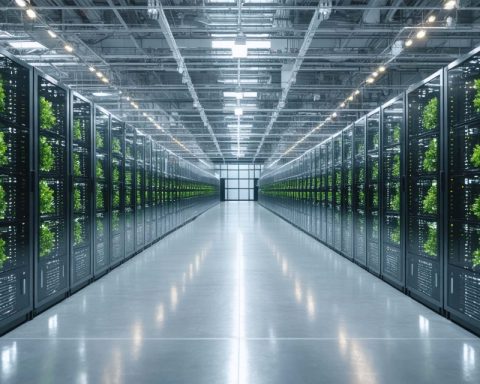As the world intensifies its fight against climate change, Europe is at the forefront with innovative strategies to curb emissions radically. The EU has established a goal of achieving carbon neutrality by 2050, aligned with the global mandate to limit warming to 1.5°C, as outlined in the Paris Agreement.
A critical component in this transformation is the integration of green hydrogen, a versatile energy carrier created from renewable resources. Researchers have recently spotlighted the essential role of electrifying end-use activities across various sectors and transforming the electricity generation landscape.
A groundbreaking study utilized the COMPETES-TNO model to forecast the 2050 European power system under different scenarios. This innovative approach highlights key pathways to enhance renewable energy integration and decrease dependency on fossil fuels. The study underscored the importance of reconfiguring existing natural gas infrastructure, proposing its adaptation to transport hydrogen instead of methane.
The findings revealed that electrically-propelled hydrogen production could slash carbon emissions by 35%, and adopting a flexible hydrogen production strategy could enhance renewable resource use by a staggering 48%. Retrofitting gas networks emerges as a pivotal tactic for emission reduction, offering a more economically viable and environmentally sustainable option compared to extending electricity transmissions alone.
In essence, this research not only provides a roadmap for cleaner energy production but also emphasizes the significance of being adaptable with existing infrastructures. These insights will aid policymakers and industry leaders in crafting a resilient and low-carbon European energy system.
The Hidden Benefits and Challenges of Europe’s Hydrogen Revolution
As Europe embarks on its ambitious journey towards carbon neutrality by 2050, an often overlooked yet fascinating aspect is the socio-economic impact of this energy transition on everyday life. While much attention has been given to the technological advancements and environmental benefits, it’s essential to explore how these changes affect people, communities, and economies.
How Will Green Hydrogen Transform Local Communities?
Green hydrogen isn’t just a tool for reducing emissions; it can also foster economic growth, particularly in regions with abundant renewable resources. For instance, regions in Southern Europe with high solar potential might become key players in hydrogen production, creating new jobs and industries. Local economies can benefit by attracting investments in infrastructure, research, and development centered around hydrogen technologies.
Communities that were historically dependent on fossil fuel industries could transform into clean energy hubs. This transition could revitalize declining areas, offering residents new skill sets and employment opportunities. However, this also demands extensive re-skilling programs and educational initiatives to prepare the workforce for these new jobs.
What Are the Economic and Political Challenges?
Despite the promise of economic revitalization, the shift to a hydrogen economy is fraught with challenges. One major issue is the initial investment required to retrofit existing natural gas infrastructure, which, while cheaper than building new electricity transmission networks, is still costly. Governments and private sectors must collaborate to secure funding and ensure a just transition that doesn’t leave vulnerable populations behind.
Politically, the transition demands unprecedented coordination across European countries. Differences in renewable resource availability and economic priorities could lead to disparities in hydrogen production capabilities and benefits. Ensuring equitable access to technology and resources is critical for political cohesion and regional stability.
Are There Environmental Controversies?
While green hydrogen is heralded as a clean energy solution, its production and integration come with environmental considerations. For example, the large-scale deployment of renewable energy sources needed to produce hydrogen must be managed carefully to preserve natural landscapes and biodiversity.
Moreover, the transportation and storage of hydrogen pose environmental risks, such as potential leaks, which could indirectly impact ecosystems. Ensuring robust safety standards and continuous monitoring will be vital to mitigate these risks.
Is Hydrogen the Ultimate Solution?
Green hydrogen is a key component of Europe’s strategy, but it is not a panacea. Achieving carbon neutrality requires a multifaceted approach that includes energy efficiency measures, circular economy principles, and continued development of other renewable energy sources like wind and solar power.
Lastly, consumer acceptance and behavioral change are crucial. As people adapt to new technologies and processes, such as hydrogen-powered heating or transportation, understanding and support for these changes will be essential.
For more information on Europe’s renewable energy initiatives, visit European Union and for insights into global climate change efforts check out United Nations Framework Convention on Climate Change.

